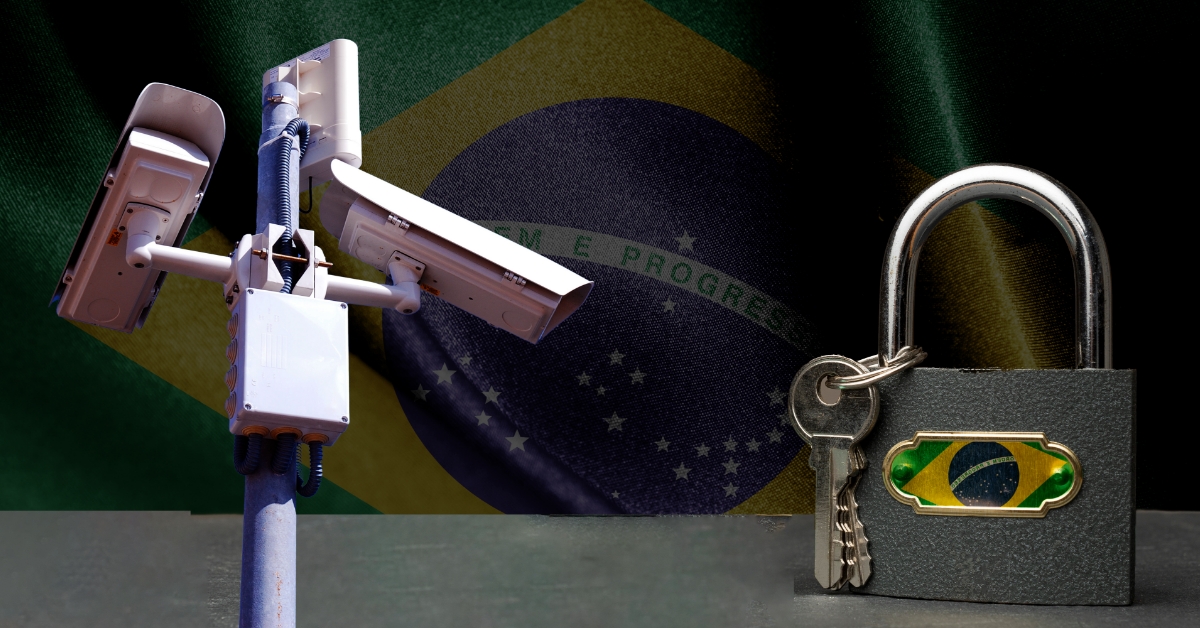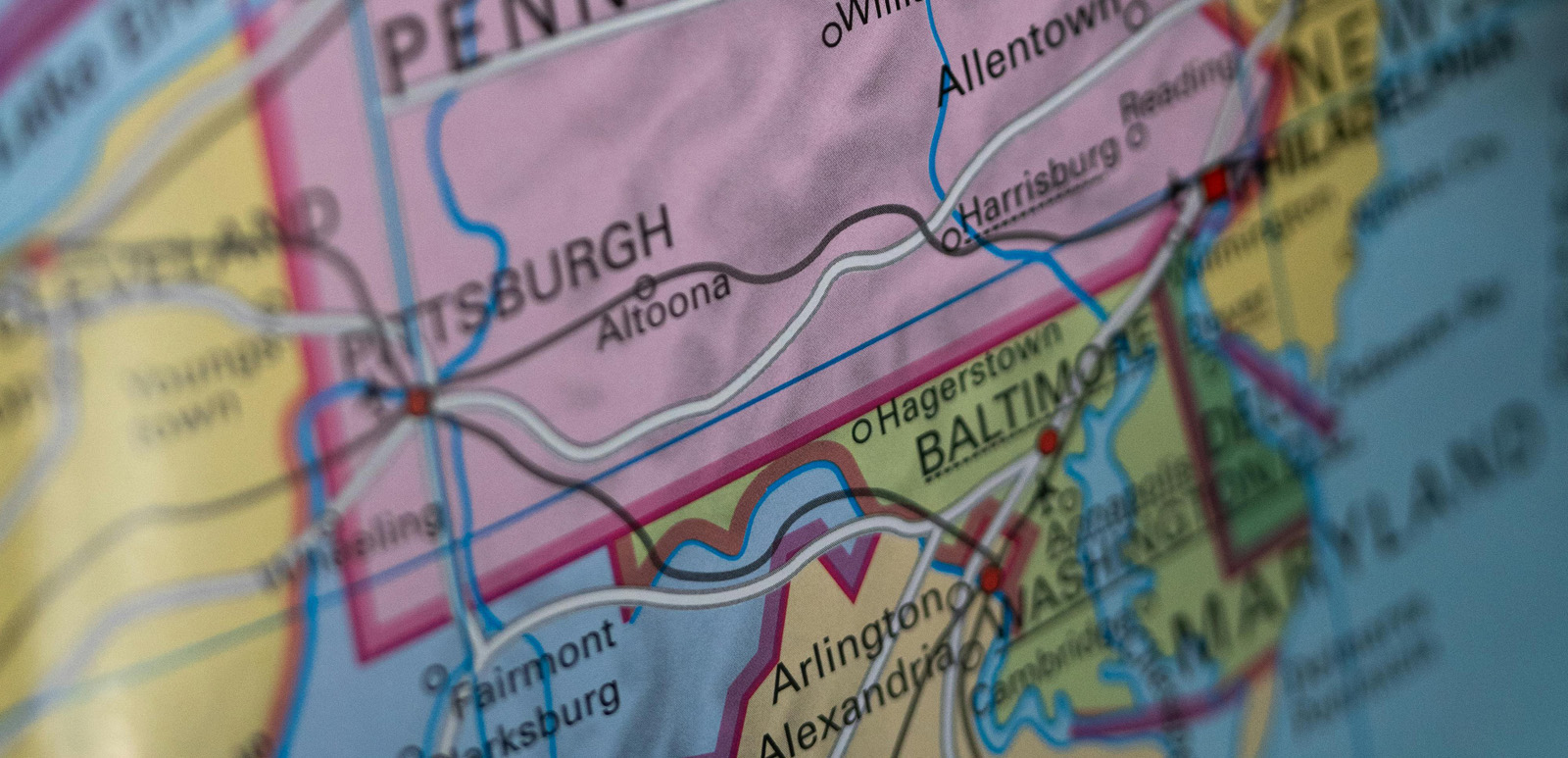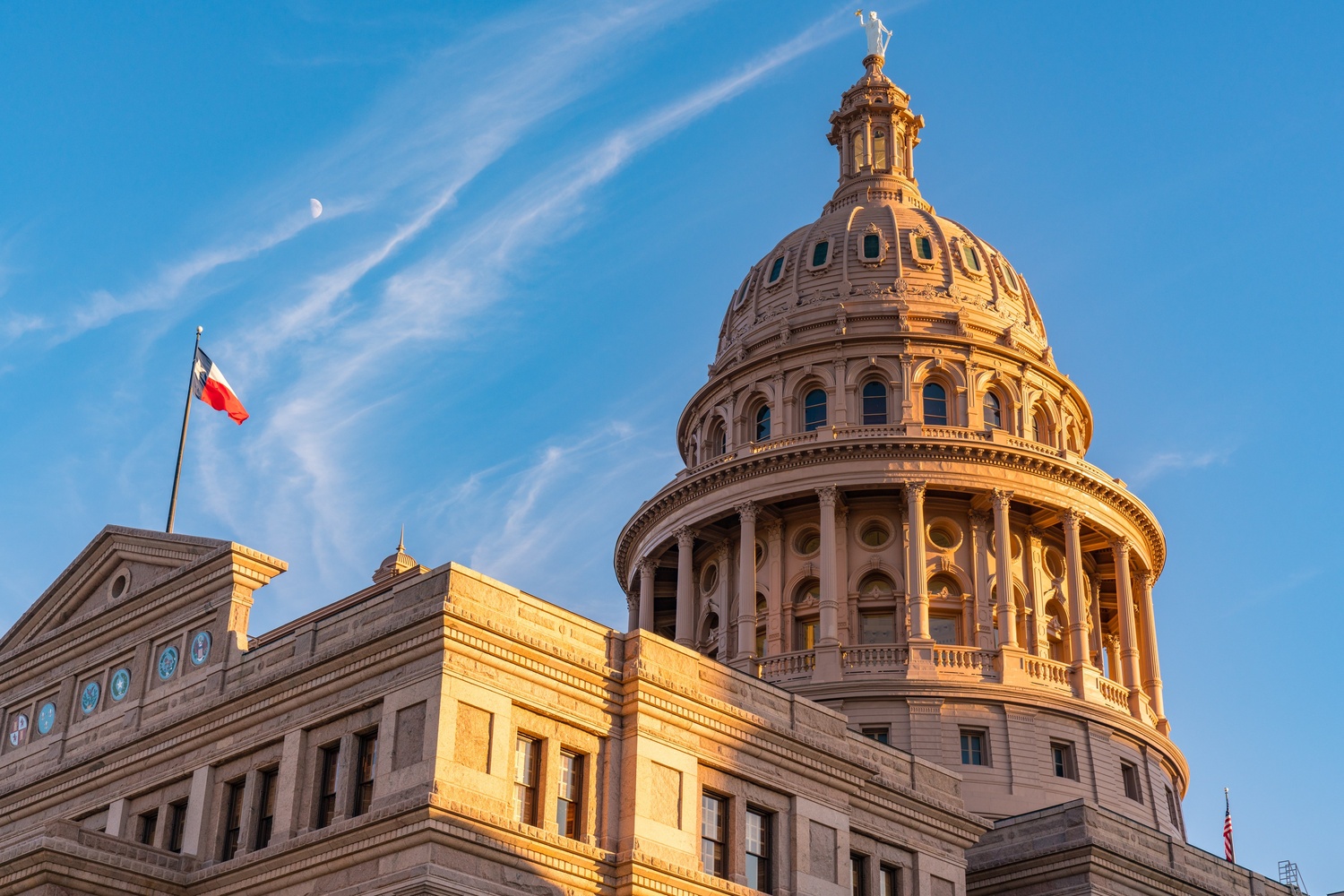In an era dominated by digital transactions and widespread connectivity, the protection of personal data has emerged as a critical global concern. Brazil’s response to this challenge came in the form of the Lei Geral de Proteção de Dados (LGPD), a comprehensive data privacy law that has quickly become one of the most stringent laws across the globe. In September 2020, Brazil marked a significant milestone in data protection with the enactment of the LGPD. This comprehensive legislation was crafted to address the growing concerns surrounding the use of personal data in an increasingly digital landscape.
The LGPD was introduced to provide a legal framework for the responsible processing of personal data. Drawing inspiration from global counterparts, notably the GDPR, it sets out to regulate the activities of entities, both public and private, operating within Brazil. The law defines personal data broadly, encompassing any information related to an identified or identifiable natural person.
It places a strong emphasis on transparency, accountability, and the protection of individuals’ rights over their personal data. From large corporations to small businesses, the law demands compliance, signaling a new era where data protection is a non-negotiable priority.
LGPD – A unique stringent law of its own
The LGPD not only prioritizes the privacy rights of its citizens but also introduces key provisions that set it apart in the global landscape. Brazil’s data protection law sets forth stringent principles that govern the processing of personal data, emphasizing transparency and accountability. Noteworthy aspects include:
Legal basis for processing sensitive data: Unlike many data protection laws, LGPD introduces a specific legal basis requirement for the processing of sensitive personal data. This nuanced approach acknowledges the heightened importance of safeguarding more delicate information.
Consent mechanisms: LGPD provides flexibility in obtaining consent, recognizing that a one-size-fits-all approach may not be suitable for every scenario. This flexibility enables organizations to adapt their consent mechanisms based on the context and nature of data processing activities.
Data Processing Officer (DPO) flexibility: While certain global regulations mandate the appointment of a DPO, LGPD offers flexibility based on the size and nature of the business. This tailored approach acknowledges that not every organization requires a dedicated DPO.
Extraterritorial reach: The LGPD exhibits extraterritorial reach, applying to foreign entities that process personal data belonging to individuals within Brazil. This provision aligns with the growing trend of data protection laws asserting jurisdiction beyond national borders. For multinational companies, compliance with LGPD becomes imperative when handling Brazilian citizens’ personal data, irrespective of where the processing occurs.
LGPD’s emphasis on timely data breach notification
Another distinctive feature of the LGPD is its emphasis on prompt and transparent response to data breaches. The law mandates that data controllers must notify both the Brazilian National Data Protection Authority (ANPD – Autoridade Nacional de Proteção de Dados) and data subjects in the event of a security incident.
The LGPD sets a clear timeline for reporting data breaches. Organizations must notify the ANPD and affected individuals within a “reasonable time frame,” while the GDPR mandates a reporting within 72 hours. There’s no specific time mentioned in the Brazilian law, but it emphasizes the importance of prompt notification.
The law specifies the required content of breach notifications, ensuring that both regulatory authorities and individuals receive comprehensive information about the incident, its impact, and the measures taken to address it.
Certain situations might exempt the controller from notifying the data subject, such as when the personal data affected has been anonymized. While exceptions exist under the GDPR in cases when the breach is unlikely to result in a risk to individuals’ rights and freedoms, there’s no need to notify the data subjects.
Also, let’s not forget about the penalty for not playing by the rules. The administrative fines for non-compliance with the LGPD can vary based on the severity of the violation. The Brazilian law allows for fines up to 2% of a company’s revenue, capped at 50 million Brazilian reais per violation, while the GDPR fines reach up to €20 million or 4% of the global annual revenue of the previous financial year, whichever is higher.
Enforcing LGPD in practice
The ANPD has swiftly established its commitment to upholding LGPD through vigilant enforcement. A landmark case involved the issuance of the first fine against a telecom company acting as a processing agent. The violation saw the company offering data of thousands of São Paulo citizens to political candidates, to use in the mass campaign transmissions during the 2020 elections.
Their proactive approach to enforcement is evident in its first fine. The telecom company’s actions not only breached data subjects’ rights but also highlighted the real-world impact of data misuse in political campaigns. The fine, coupled with the ANPD’s commitment to scrutinizing even smaller processing agents, signals a strong deterrent against data privacy violations.
The ANPD continues to release guidelines and interpretations to assist organizations in complying with the LGPD. Staying abreast of these guidelines is crucial for businesses navigating the intricacies of data protection compliance.
As Brazil solidifies its commitment to data protection through the LGPD, organizations must prioritize a comprehensive understanding of its nuanced provisions. From stringent data breach notification requirements to the law’s extraterritorial reach and ongoing updates, compliance is a dynamic journey that requires continuous vigilance. By staying informed and adapting to the evolving regulatory landscape, businesses can ensure not only legal adherence but also foster a culture of privacy and trust in the digital age.











